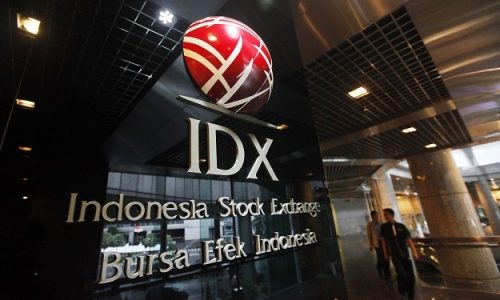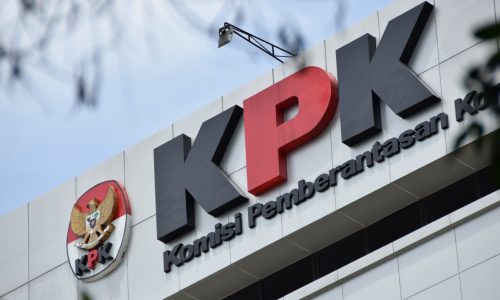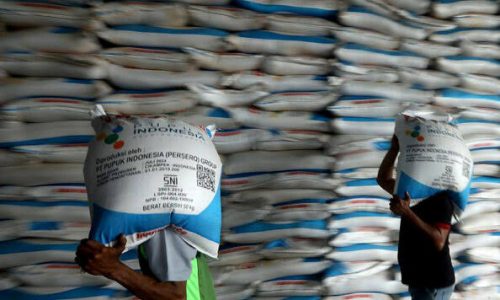Economists foresee difficulties in achieving the eight-percent economic growth target under President elect Prabowo Subianto’s administration if it continues with policies similar to those of President Joko “Jokowi” Widodo.
Nailul Huda, an economist from the Center of Economic and Law Studies (Celios), predicts that economic growth under Prabowo will remain around 5 percent, due to a continued focus on infrastructure and physical development akin to Jokowi’s policies.
“Investment strategies under Investment Minister Bahlil have not yet significantly boosted Indonesia’s economic growth,” Nailul told Katadata.co.id on Tuesday, May 28, 2024.
Nailul also suggested that Prabowo’s policies might mirror Jokowi’s, including the reappointment of some ministers to their previous roles.
He criticized Prabowo’s campaign programs for lacking impactful economic growth measures in the short and medium term, predicting a continued emphasis on infrastructure and downstream processing.
He argued that the current downstream processing, particularly in nickel, provides limited benefits and suggested that Indonesia should instead focus on developing a comprehensive electric vehicle industry rather than merely exporting semi-finished nickel products.
To accelerate economic growth, promoting high-value sectors like manufacturing is essential, as it can significantly speed up development.
Nailul also emphasized the need to address the high Incremental Capital-Output Ratio (ICOR) by improving bureaucratic efficiency and tackling corruption and nepotism.
A high ICOR indicates inefficient investment use, reflecting a large amount of investment needed to increase one unit of output, thus hindering economic growth.
David Sumual, Chief Economist at Bank Central Asia (BCA), urged the government to avoid relying solely on business-as-usual economic scenarios, which would make the eight-percent growth target difficult to achieve.
“Comprehensive reforms are needed for Indonesia’s economy to grow by leveraging untapped potential sources, aiming for a 7-8 percent growth target,” David said.
He highlighted the necessity of focusing on the manufacturing sector, noting that approximately 1.6 million new workers enter the job market annually, yet the formal sector fails to absorb them adequately.
He stressed the urgency of reforming the informal sector, which dominates much of Indonesia’s economic activity and employment opportunities.
David also underscored the importance of digitalizing the economy as a crucial aspect of expanding Indonesia’s formal sector.
However, he cautioned against allowing digitalization and technological adoption to facilitate increased imports of goods and services into the Indonesian market.
Furthermore, David recommended that the government enhance access to global markets to absorb Indonesia’s excess production, integrating the country into global supply chains as a vital part of successful reindustrialization efforts.









